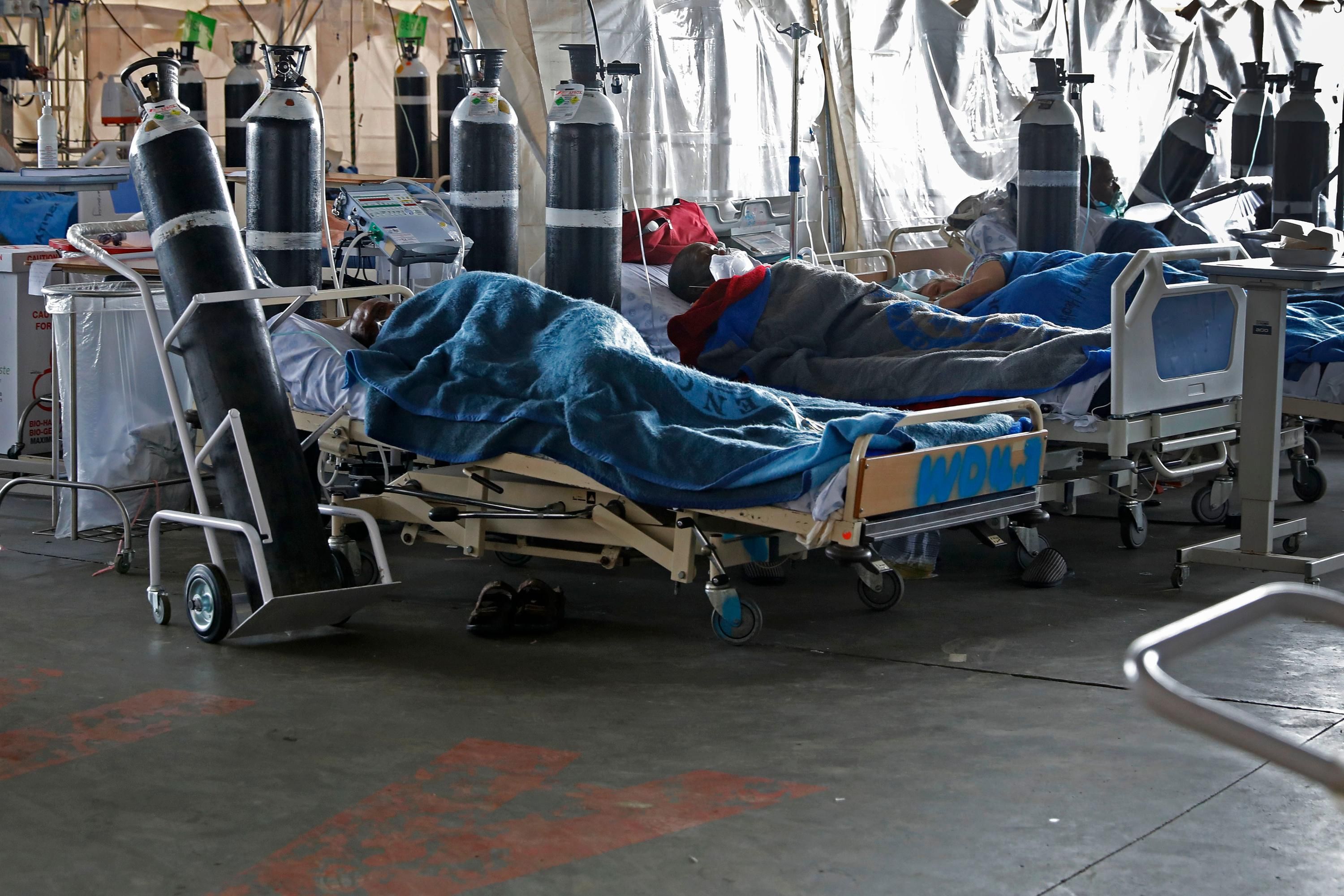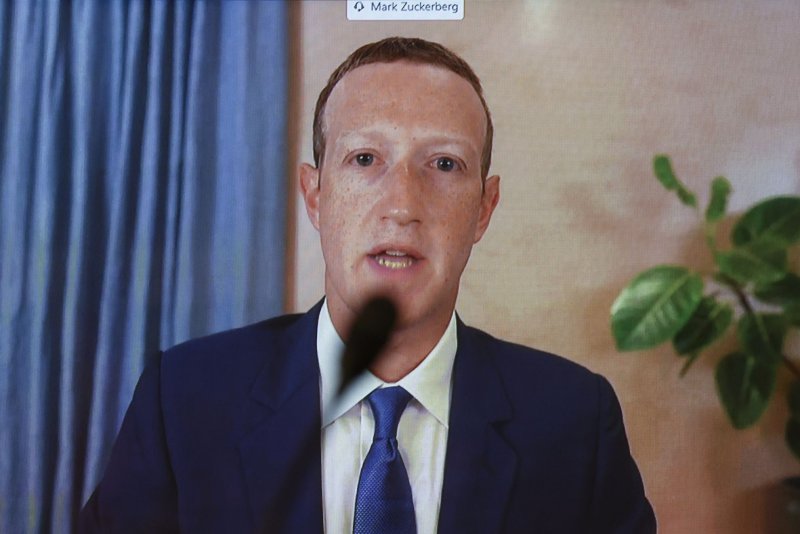
It was believed that the small whorled pogonia went extinct in Vermont a 120 years ago. Photo courtesy of Vermont Fish and Wildlife Department/Website
June 9 (UPI) -- Botanists in Vermont have found a federally protected orchid believed to have gone extinct in the state in 1902, officials said.
The Vermont Fish and Wildlife Department announced in a statement Wednesday that its botanists have confirmed a population of small whorled pogonia, which is protected as threatened under the Federal Endangered Species Act and has not been seen in Vermont in 120 years.
The plant was discovered on conservation land within Chittenden County's Winooski Valley Park District, it said.
"Discovering a viable population of a federally threatened species unknown in our state for over a century is astounding," said Vermont Fish and Wildlife Department Botanists Bob Popp.
According to the U.S. Fish and Wildlife Service, the species is listed as threatened wherever it is found within the United States, and has a historical range that includes 20 eastern states and the Distric of Colombia.
However, the federal department states the plant is only known to occur or believed to occur in 17 of them, not including Vermont.
The discovery was first made by John Gange and Tom Doubleday, two community scientists, who contacted the state agency, which confirmed the presence of small whorled pogonia within the conservation area this past spring, its typical blooming season.
"These kinds of discoveries are only possible because of the vibrant communities of enthusiasts and professional botanists who work together to understand and document Vermont's plant diversity," said Aaron Marcus, an assistant botanist with the department.
According to the department, previous searches for the plant proved unsuccessful. Habitat requirements for the orchid are little known, it said, adding that populations in Maine and New Hampshire are found in areas of partial sun, such as the edge of forests.
The state will now work with Winooski Valley to search for further clusters of the plant in its conservation region and monitor the population to aid its growth, it said.
"We're incredibly fortunate that this small whorled pogonia population is on land protected by Winooski Valley Park District," Popp said. "It speaks to the importance of habitat conservation."
There are currently 942 plant species protected as either threatened or endangered by the federal government, according to the U.S. Fish and Wildlife Service.




















